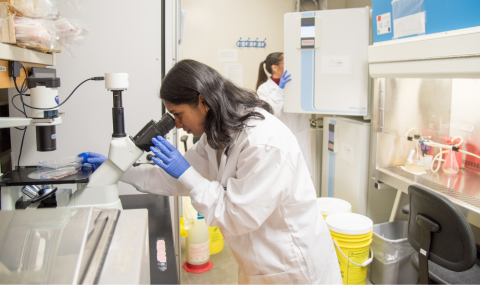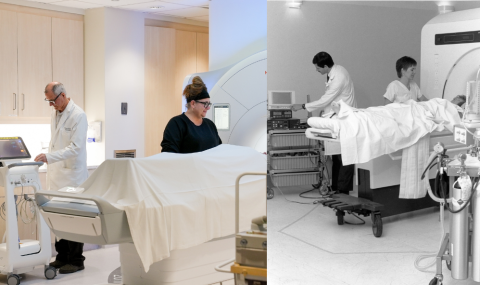- Allogeneic Blood Transfusion – The transfer of blood or blood products from one person (the donor) into another person (the recipient).
- Anemia – A medical condition where the number of red blood cells, the hemoglobin is less than normal.
- Autologous Blood Donation - giving your own blood.
- Patient blood management – using health care strategies and technologies to decrease or completely avoid the need for blood transfusion.
- Erythropoesis Stimulating Agents (ESA's) - such as Epoetin Alfa (also called Eprex or EPO) are man-made medications that work just like your body’s own erythropoietin.
- Erythropoietin - A natural hormone made in the kidney. It is the main ingredient that controls the number of red blood cells made in the bone marrow.
- Ferritin - A blood test that measures iron stored in the body. Normal ferritin is about 35 to 300 micrograms per litre.
- Hematologist - A doctor who specializes in diseases of the blood and blood-forming organs.
- Hemoglobin - A red pigment that creates the red colour of red blood cells and blood. It is the key chemical compound that transports oxygen from the lungs and carries oxygen from the lungs to cells throughout the body.
Hemoglobin is a blood test that measures the number of red blood cells in the body. It is measured in grams of hemoglobin per litre of blood.
- Intraoperative - happening during an operation.
- Plasma - The fluid part of blood that is mainly water but also has proteins that help the blood clot.
- Platelets – Small sticky cells that assist with the clotting of blood and prevents or stops bleeding.
- Red blood cell – A haemoglobin-containing cell that carries oxygen to the tissues throughout the body. A red blood cell can also be called an erythrocyte.



